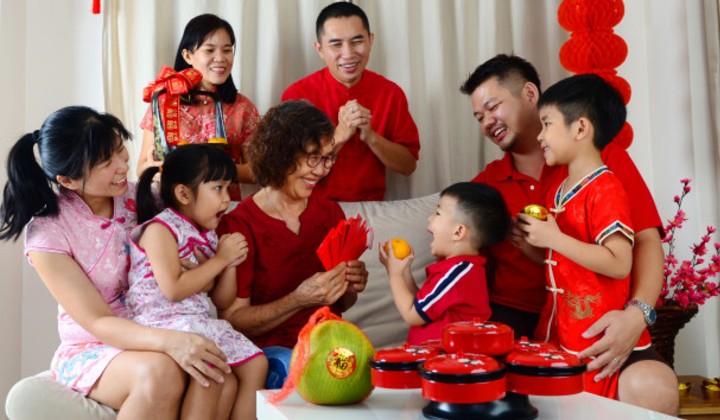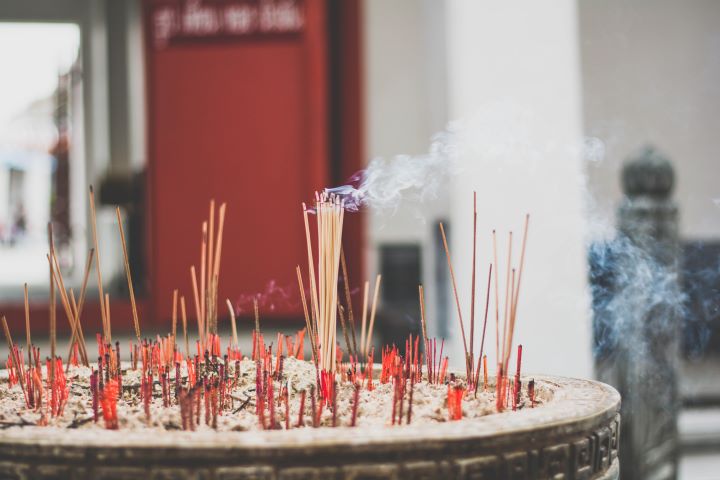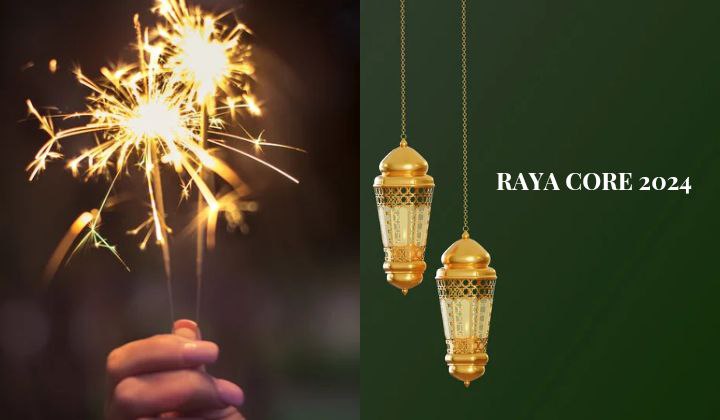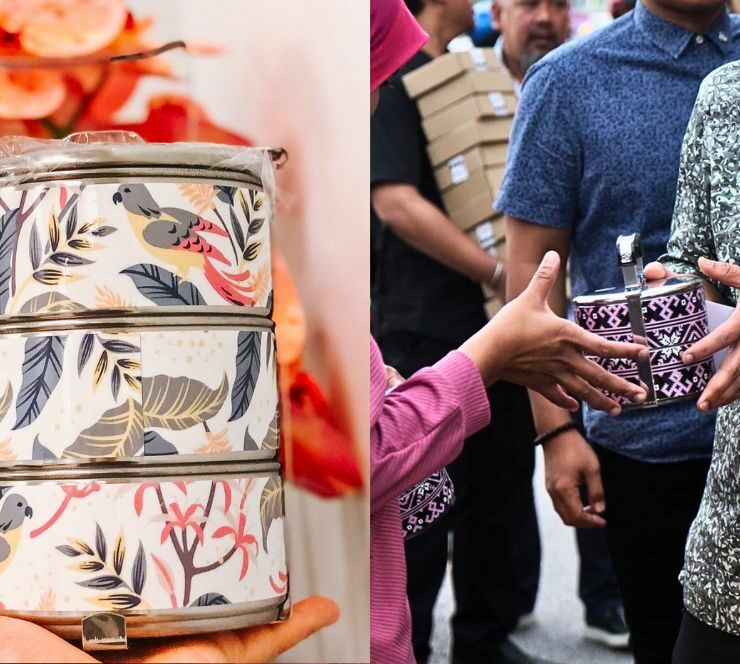Chinese New Year: A Cultural Tradition, Not A Religious One

For most cultures, their festivals are influenced by their religion. However, Chinese New Year is not related to any religion.
It is simply a celebration of a new year according to the lunar calendar, just like a celebration of a new year according to the Gregorian (solar) calendar on January 1st.
We spoke to senior lecturer Dr Ong Siew Kian from the Department of Chinese Studies University Malaya, on the common misconception of Chinese New Year as a religious festival.
The issue is that most people do not understand the core meaning or the origin of the festival. During festivals, we always have a simple honoring of ancestors, which doesn’t relate to any religion, but is about the core Chinese philosophy of filial piety.
Dr Ong Siew Kian to TRP
Filial piety is, without a doubt, one of the most important pillars in Chinese society. It could be said that it is the very foundation of Chinese family and societal structures.
As such, the most important aspect of any Chinese festival is to pay respects to your family, especially elders, and by extension your ancestors.
Ancestor veneration comes from its strong roots of filial piety with its firm belief that by pleasing your ancestors, they will take care of you with blessings and good fortune. Ancestor veneration has no association with any religion, but is seen through a cultural lens of respect towards your elders.

(Credit: Unsplash)
Family is also a key concept in Chinese culture, which is why the Reunion Dinner on the eve of Chinese New Year is arguably the most important gathering within the family in the whole year.
For most of Chinese New Year, the 15-day-long festival is filled with reunions of extended families and friends. The human connection is what makes the celebrations festive, after all.
Culture and religion can co-exist separately.
Stories concerning the ‘history’ of Chinese New Year stem from folklore, such as the story of the great beast Nian who terrorized villagers until they used red paper and firecrackers to scare it away.
Even the ‘Gods’ that make an appearance during Chinese New Year have been passed down in the form of Chinese mythology and do not come from a specific religion.
Deities such as the God of Prosperity are traditional folk beliefs of the Chinese to fulfill their wishes of a better life.
Dr Ong Siew Kian to TRP
Common Chinese New Year well-wishes such as “Gong Hei Fatt Choy” simply mean “Good fortune to you” and do not have a religious connotation.
However, Chinese Malaysians who practice different religions often incorporate their beliefs on top of traditional Chinese New Year customs.
For example, the Christian Chinese may include benedictions with their Chinese New Year well-wishes.
The Taoist Chinese often burn paper joss money or paper models of material goods for their ancestors.

(Credit: Unsplash)
Even the Muslim Chinese simply celebrate the festival while adhering to Islamic guidelines, such as not eating pork.
No matter what your religion is, Chinese New Year can be celebrated by everyone.
If you don’t know how much you should you give in your ang pow, check our our guide [here]. Let us know if you have Chinese New Year plans on our Facebook, Twitter, or Instagram!
Anne is an advocate of sustainable living and the circular economy, and has managed to mum-nag the team into using reusable containers to tapau food. She is also a proud parent of 4 cats and 1 rabbit.





